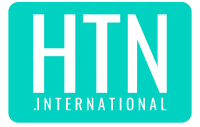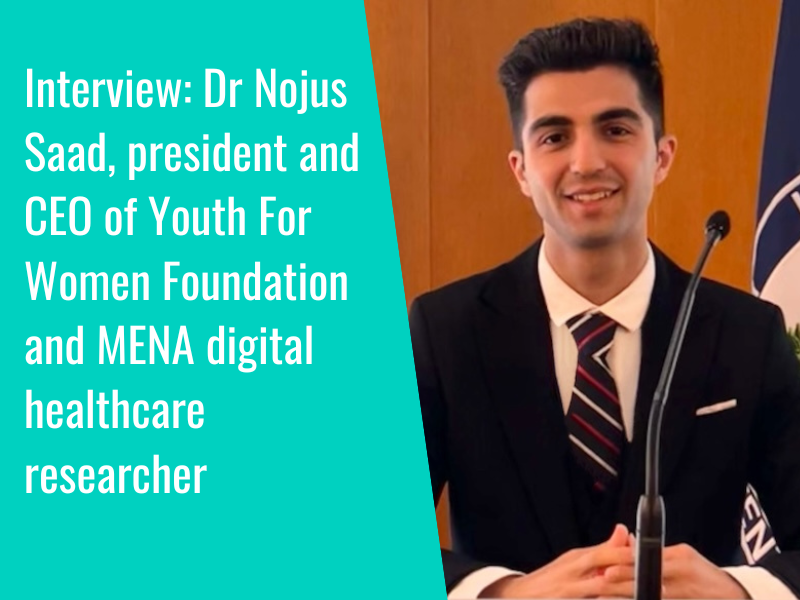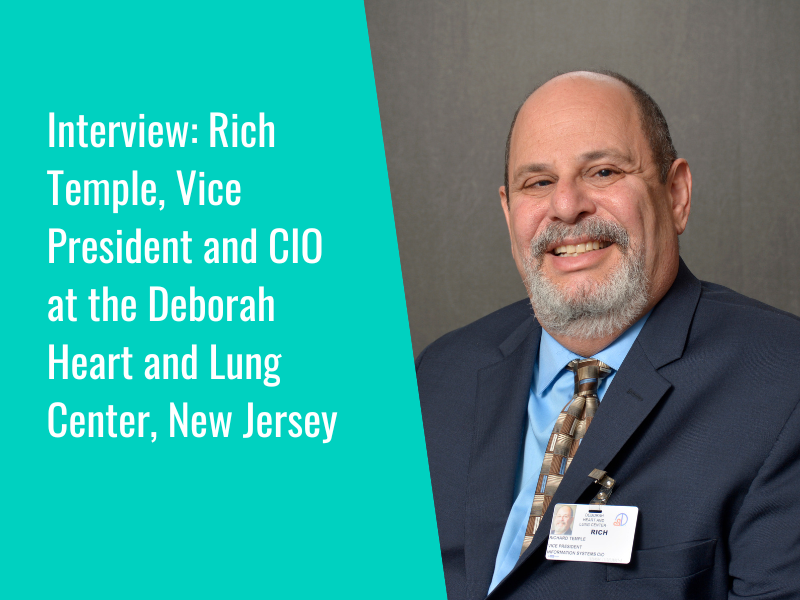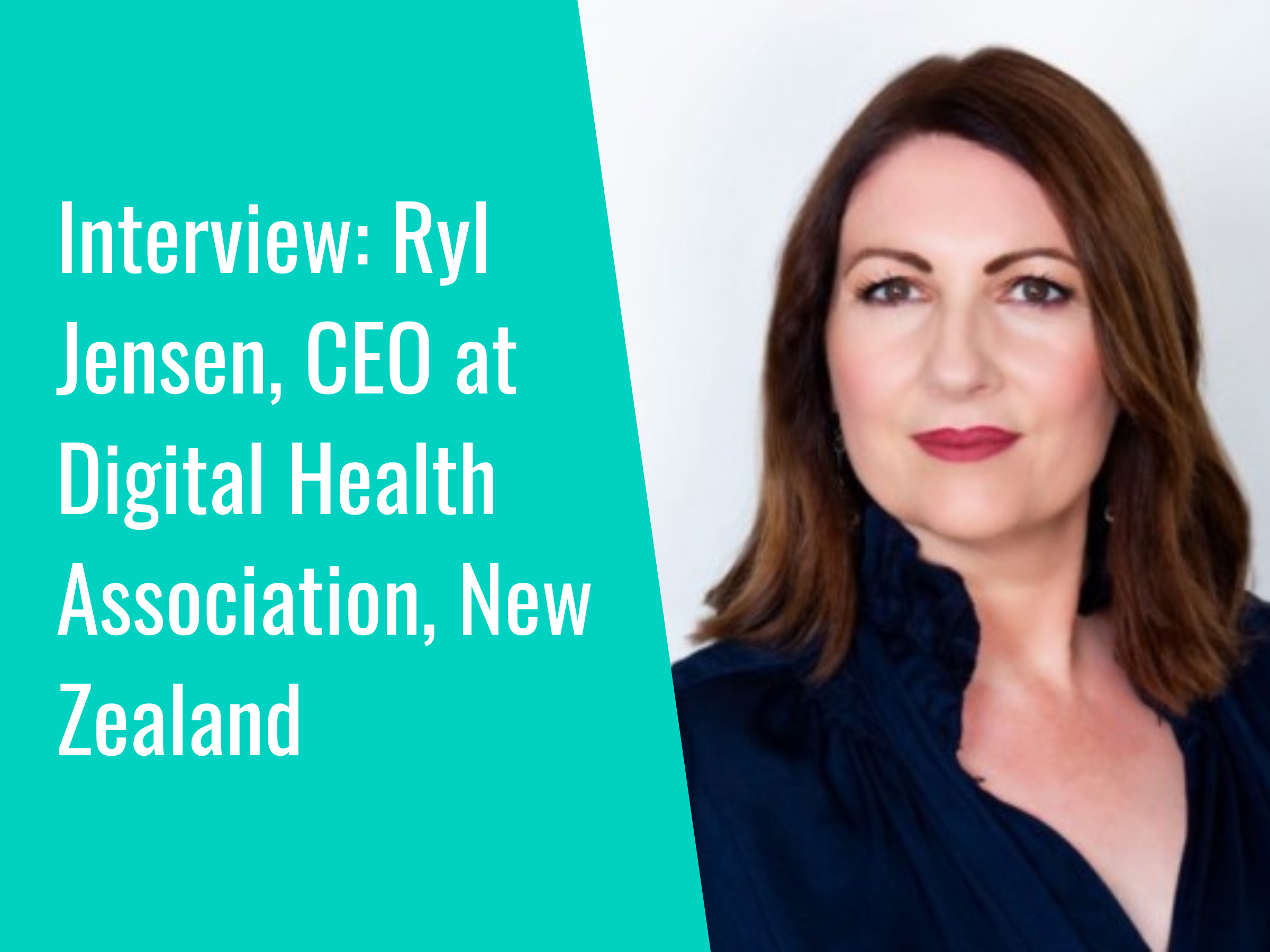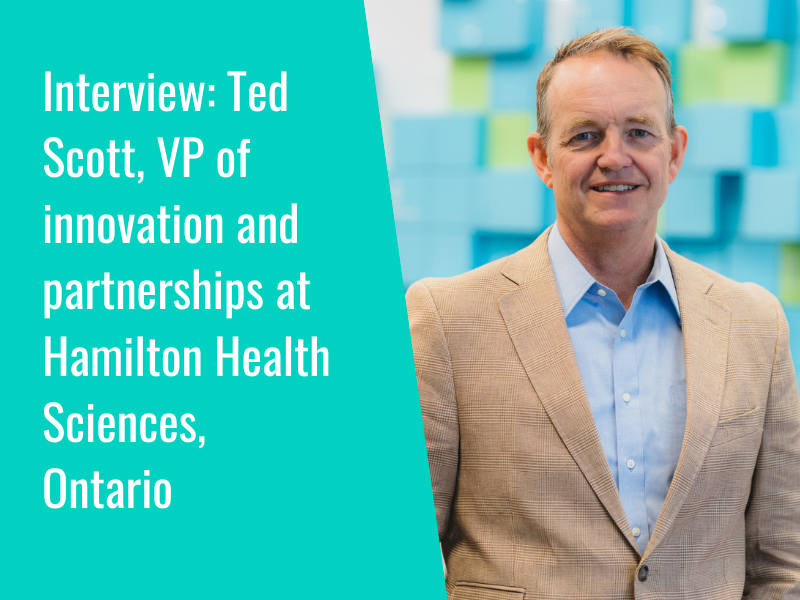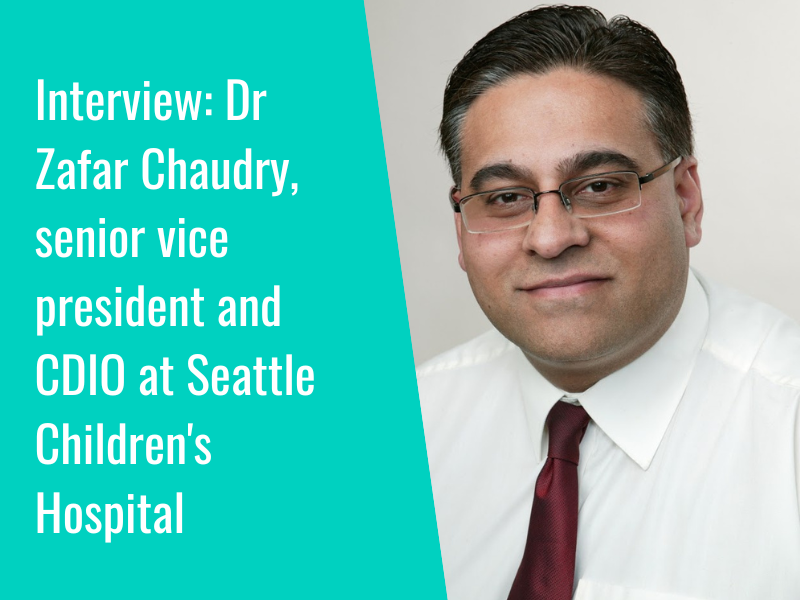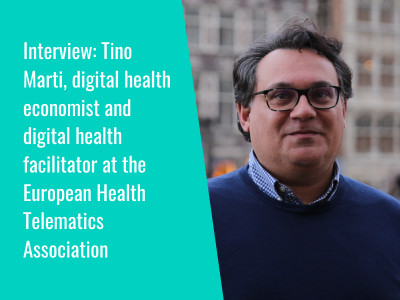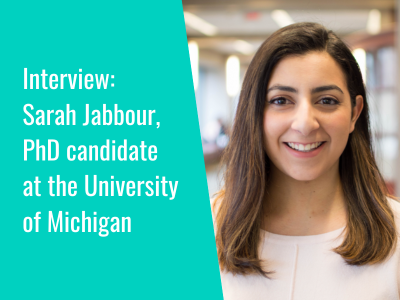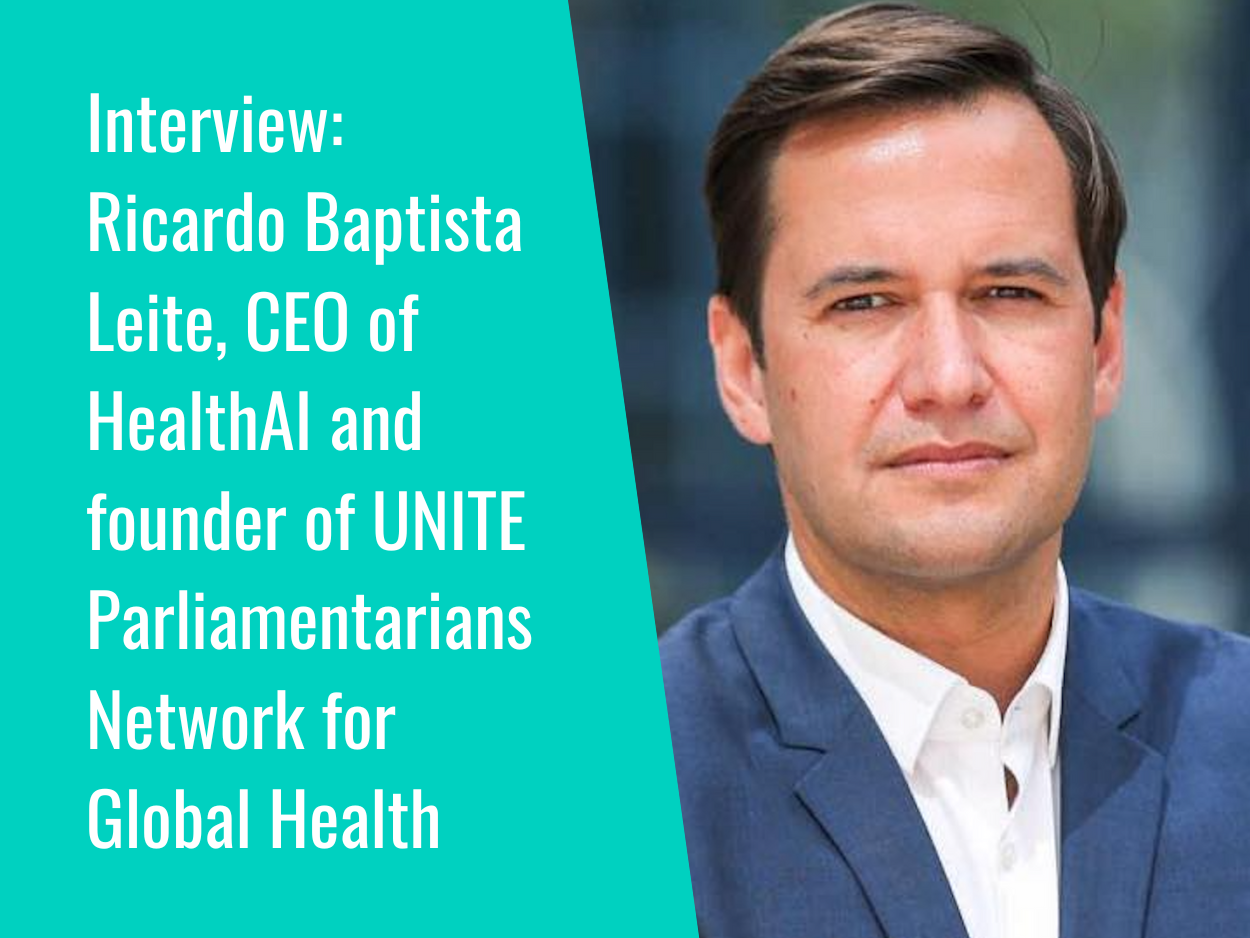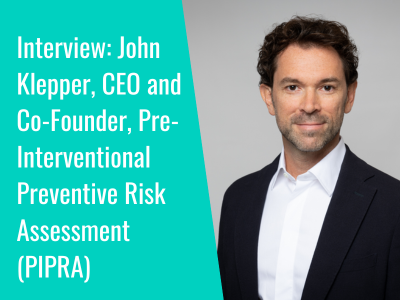Scientists from Mayo Clinic, USA, have been utilising reanalysing of negative whole-exome/genome data (RENEW) to diagnose rare genetic disorders.
RENEW tracks the discovery of “disease-causing genetic variants” across the globe, with findings being uploaded to the system on a three-monthly basis. These findings can then be compared to the clinic’s Center for Individualized Medicine’s database of “unsolved patient sequencing results” in order to help identify important developments.
RENEW is capable of analysing and comparing new discoveries with the data in less than a minute. When it flags a match, a team of genomic researchers begin an investigation to learn more about what that match might mean for diagnosis.
To date, RENEW has helped to diagnose almost twenty patients with rare and previously-undiagnosed diseases.
Dr Rory Olson, clinical variant scientist at Mayo, said:
“We’re leveraging a wealth of new genetic knowledge to aid in our efforts to identify the genetic cause of patients’ diseases. We review the patient’s medical records, clinical history and DNA alterations, and correlate this information with new genetic findings. Our role is to ask, ‘What is this gene’s function and what is the gene-disease mechanism? And is this finding potentially relevant for this patient’s disorder?'”
To learn more about Mayo Clinic’s work with RENEW, please click here.
Elsewhere on innovation, Samsung Electronics has announced the launch of its new Open Innovation Initiative, in collaboration with MIT, Brigham & Women’s Hospital, Tulane University School of Medicine, and Samsung Medical Center.
- 1
- 2
